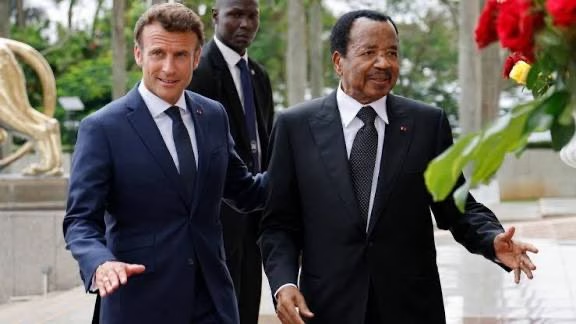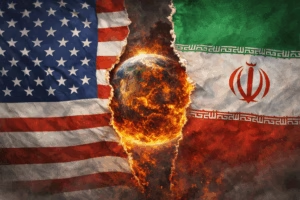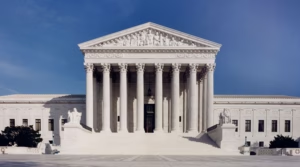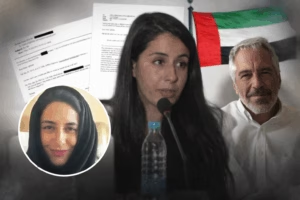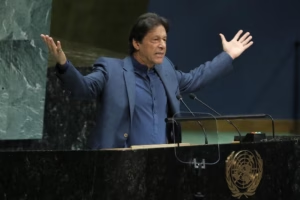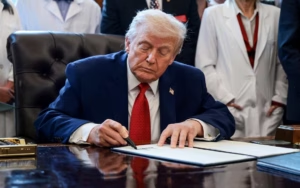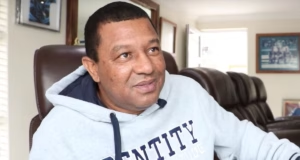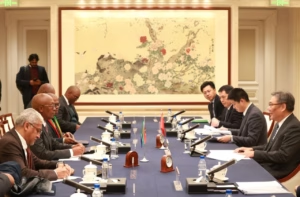Cameroon’s long-serving president, Paul Biya, has been declared the winner of the nation’s latest election, extending his rule for another seven years and positioning him to remain in power until he approaches his 100th birthday. The announcement, made by the Constitutional Council on Monday, has ignited both relief among his supporters and outrage from opposition groups who allege widespread irregularities.
Biya Extends His Four-Decade Rule
The Constitutional Council confirmed that President Biya secured 53.66 percent of the votes cast in the October 12 election, while his main opponent, Issa Tchiroma Bakary, garnered 35.19 percent. The 92-year-old leader, who has ruled Cameroon since 1982, is now set to continue his governance as the country’s second post-independence president.
In a statement following the results, Biya acknowledged the immense responsibility placed upon him and urged citizens to work together for peace and progress.
“The weight of the responsibility entrusted to me”
was how he described his re-election mandate, calling on all Cameroonians to unite in rebuilding trust and stability.
“My first thoughts are with all those who have unnecessarily lost their lives, as well with their families, as a result of the post-election violence,”
he added.
Protests And Violence Mar The Announcement
Tensions flared across several cities as supporters of the opposition Front for the National Salvation of Cameroon (FSNC) defied restrictions and took to the streets. On Sunday, at least four people were reported killed in Douala after clashes erupted between demonstrators and security forces. The protests came just one day before the official declaration of results, with protesters accusing the authorities of manipulating the vote count.
Violence continued into Monday, as Tchiroma reported that two more people were shot dead by snipers outside his home in the northern city of Garoua. According to a local journalist who spoke to the BBC,
“a number of people”
were fatally wounded near the opposition leader’s residence as security tensions escalated.
Opposition Challenges The Results
Issa Tchiroma Bakary, Biya’s main challenger and a former minister of transport and communication, had proclaimed himself the winner two days after the polls closed. He claimed that his internal vote tallies placed him ahead of the president. Tchiroma, who resigned from his government position in June to contest the election, accused the ruling administration of rigging the vote.
The election was marked by legal disputes and disqualifications, with only 12 candidates appearing on the final ballot out of an initial 83. The Constitutional Council rejected ten petitions that alleged electoral misconduct, effectively affirming Biya’s eighth consecutive term.
Cameroon’s Political Landscape Under Scrutiny
Biya’s continued dominance over Cameroon’s political scene remains a defining feature of the nation’s modern history. Since removing presidential term limits in 2008, his leadership has been both celebrated for maintaining a degree of stability and criticised for entrenching authoritarian control.
At 92, Biya holds the distinction of being the world’s oldest sitting head of state and Africa’s second longest-serving leader, after Equatorial Guinea’s Teodoro Obiang Nguema. His re-election comes amid calls from civil society for democratic renewal and greater political transparency in a country where nearly half the population is under 25.
Low Turnout Reflects Waning Faith In Democracy
Official figures showed that 58 percent of the 8.2 million registered voters participated in the election, reflecting a moderate level of engagement in a nation of roughly 29 million citizens. Analysts suggest that voter fatigue, security challenges, and scepticism over electoral fairness contributed to the relatively low turnout.
While Biya’s supporters celebrate continuity and stability, many Cameroonians express growing concern that the government’s tight control over political institutions may hinder democratic progress and inclusivity.
Despite the turmoil, the president’s appeal for calm has resonated with parts of the population who view his leadership as a stabilising force in a region often marked by unrest. Whether Biya’s new term brings reconciliation or deepens divisions remains to be seen, as Cameroon stands at a delicate crossroads between continuity and change.

